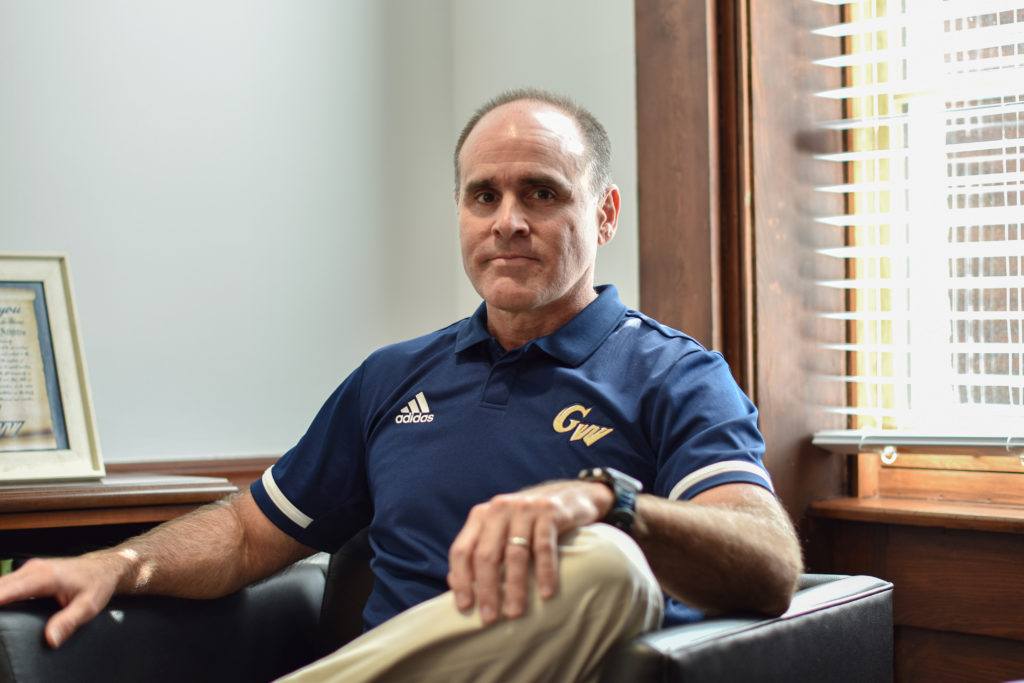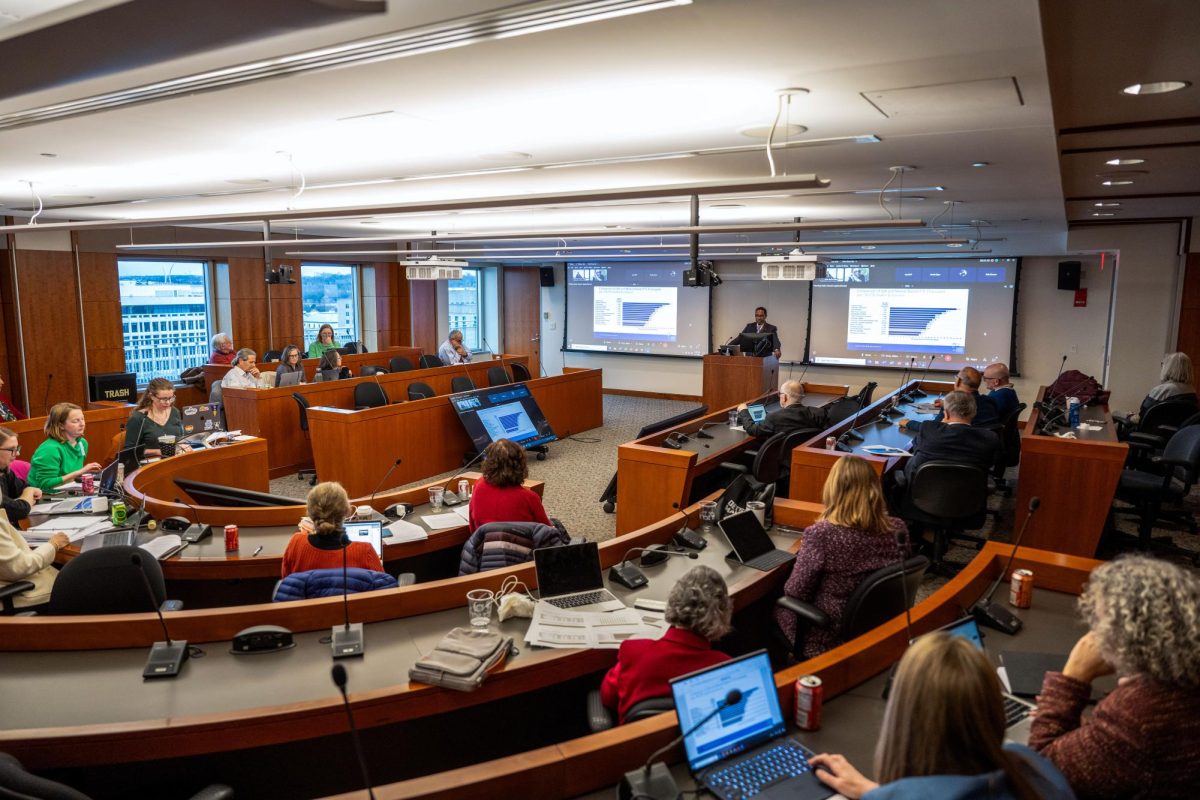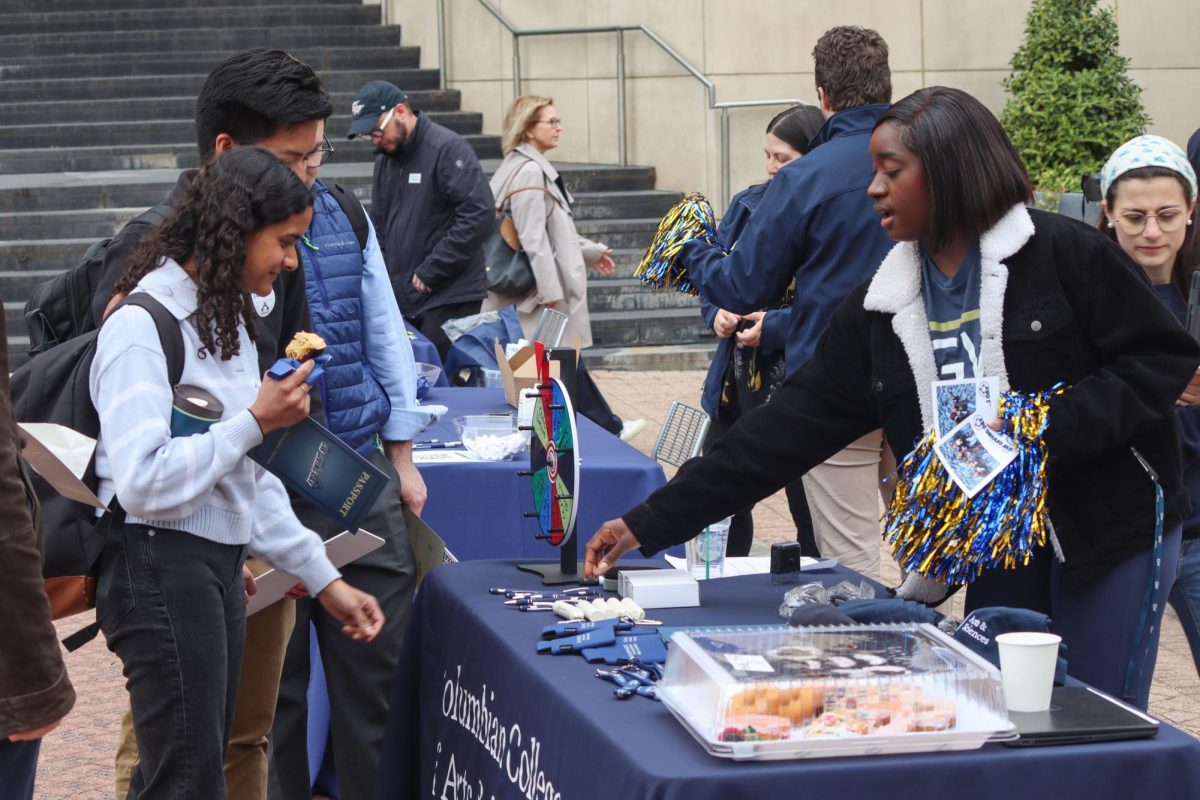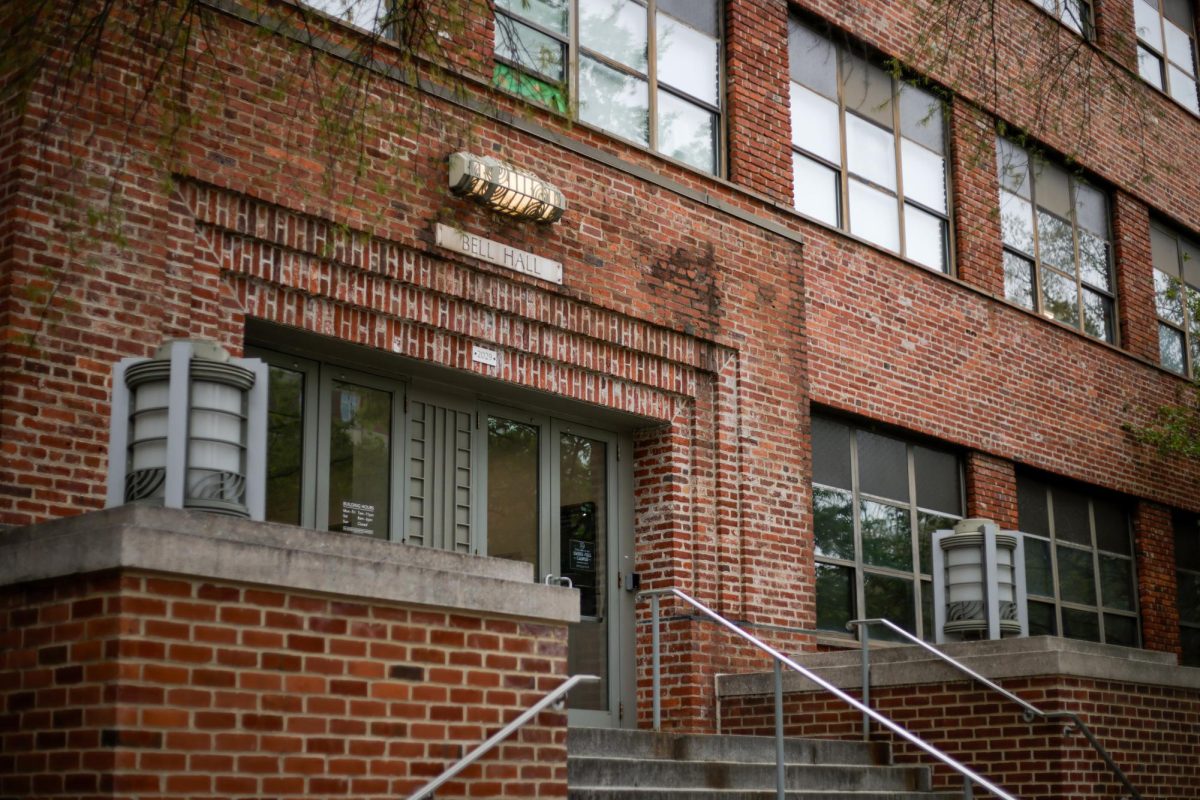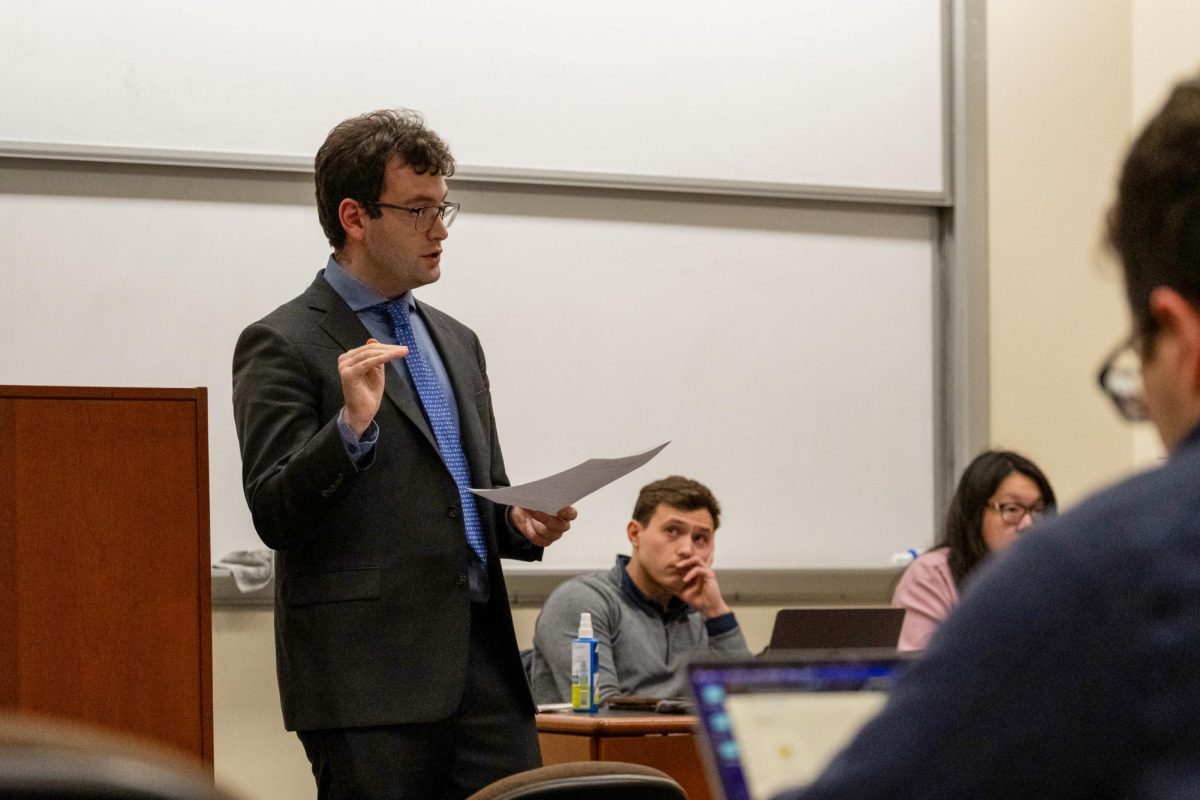Updated: Sept. 9, 2020 at 10:50 p.m.
All of GW’s 12 peer institutions are implementing budget cuts ranging from furloughing employees to delaying the implementation of certain projects and instituting hiring freezes.
Officials eliminated roughly 60 positions of event staff across various University departments, at least dozens of staff across the University’s technology offices and at least 70 employees in facilities and the Career Center the past few weeks. Seven of GW’s peer schools have instituted layoffs in various departments, while others are putting it off for now.
The University of Rochester projects a $315 million budget gap while the University of Southern California has predicted a potential $300 to $500 million budget gap. Northeastern University, on the other hand, has projected a budget surplus by reducing operating expenses.
University spokesperson Crystal Nosal said the $220 million budget gap accounts for the anticipated financial implications of GW’s current scenario for the full academic year.
“The effects of the pandemic on the University have been very fluid,” Nosal said in an email. “Due to the uncertainty of the pandemic, we expect these variables and our financial situation will continue to evolve.”
Administrators had previously announced a postponement on most hirings and capital projects, a freeze on salary increases and a suspension of the University’s matching and base retirement contributions. Senior officials, including University President Thomas LeBlanc, also took a temporary pay cut as part of efforts to reduce GW’s expenses.
“While these are difficult decisions, we have been and will continue to be focused on the health and safety of our community, caring for those affected and protecting our core academic mission,” Nosal said.
Higher education experts said budget cuts and layoffs are common ways to minimize the financial impact of the pandemic across universities.
Barry Fishman, a professor of information and education at the University of Michigan, said it is not uncommon for institutions to make drastic budget cuts amid the pandemic.
“It’s not a higher education issue,” he said. “It’s an American institution issue.”
Molly Ott, an associate professor of higher and postsecondary education at Arizona State University, said higher education as a whole will take a large financial hit this academic year because of the pandemic.
Ott said universities are generating less revenue than expected and incurring unplanned expenses due to the pandemic through costs like converting courses to online formats, which requires new investment in technology and instructional design support.
Administrators held workshops this summer to assist faculty in moving their courses online.
She said tuition and fees paid by students is the main source of income for universities, and losing those sources of funds will be “devastating.”
“Unfortunately, as it became clear that COVID-19 wouldn’t disappear by the start of the academic year, schools started to implement more drastic employee-related cost-cutting measures,” she said in an email.
Ott added that it is common for universities to make cuts to their staff and freeze their matching and base retirement contributions for employees during this period to cut costs.
GW has announced a freeze on merit salary increases and the temporary suspension of matching and base retirement contributions.
“The single biggest expense category for most universities is salaries,” she said.
Ott said universities are opting for permanent changes to their academic and non-academic programs like cutting athletic programs and reviewing programs to see where money could be saved or resources stretched.
Officials will cut seven athletic programs following the 2020-21 season due to “growing financial concerns.”
Stephen DesJardins, a professor of education at the University of Michigan, said the pandemic has been a “shock” to higher education, and some institutions will have great difficulties weathering the hit.
“Even some large institutions who are well-resourced are reeling because they have large hospitals that had to shutter non-essential services, at least short-term holes in their operating budgets and some layoffs at least earlier in the pandemic,” he said.
George Justice, a professor of English at Arizona State University, said universities may face permanent effects of going fully online for the fall like losing students as they consider other education opportunities. He said many institutions are making cuts to their faculty as an effort to close budget shortfalls.
Justice said faculty cuts may negatively impact students as professors could feel “demoralized” and have trouble figuring out new methods of teaching online. LeBlanc, the University president, said in June that administrators are unable to avoid layoffs “any longer” after officials considered the idea for weeks.
“Good faculty will leave if they can,” Justice said. “The top faculty at most highly ranked universities still have an opportunity to change institutions, and reputation might ultimately change.”
Justice said universities may risk their reputation when their leadership “handles crises badly.”
“I don’t think university administrations have made good decisions, but that’s partly because of the structure of higher education,” Justice said. “Instead of working together, we are competing for a shrinking number of tuition dollars.”
Jarrod Wardwell contributed reporting.
This post was updated to reflect the following correction:
A previous version of this story stated that George Justice is a professor of English at the University of Arizona. He is a professor at Arizona State University. We regret this error.


